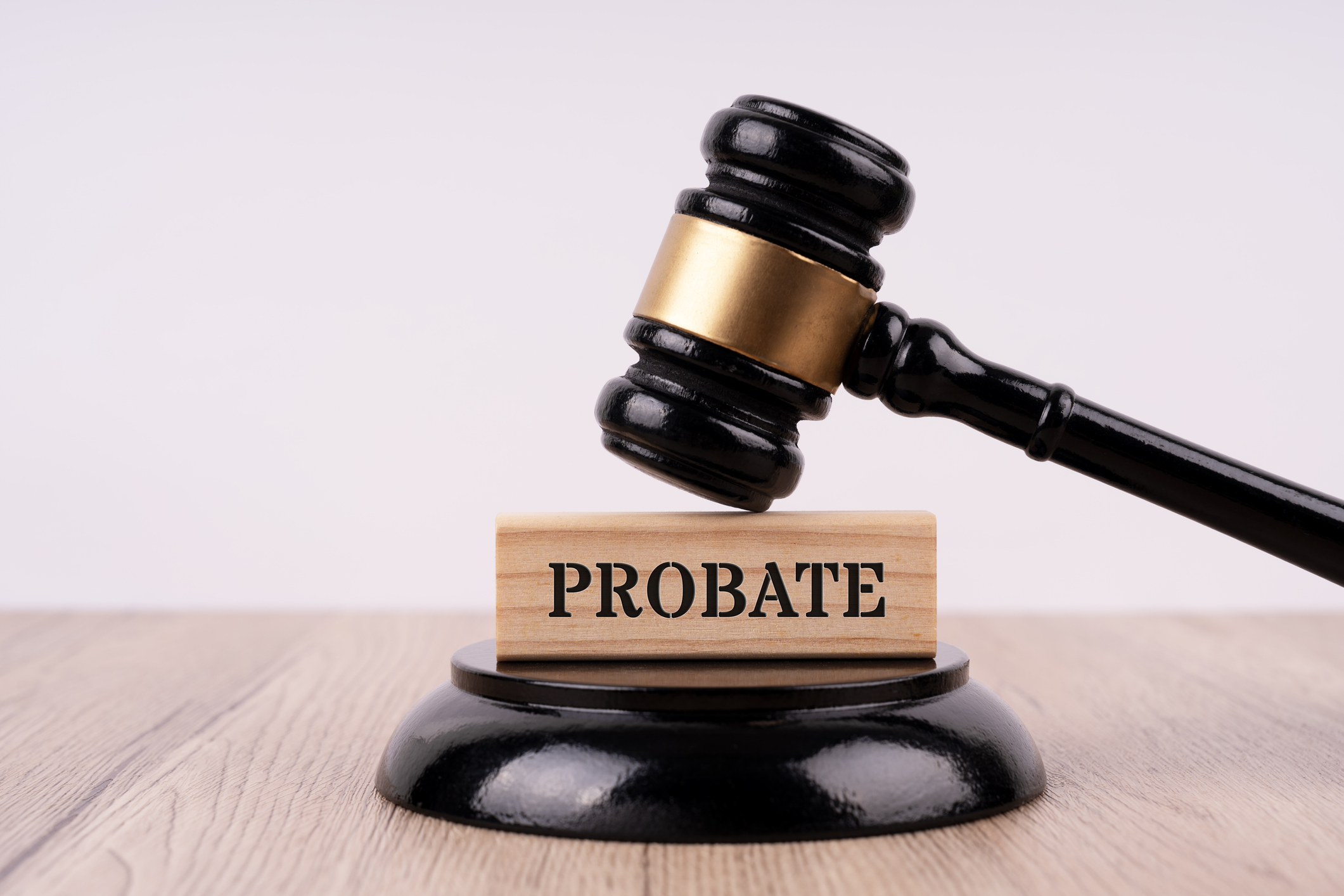
April 1 is a day when you need to be on the lookout for anything that could be an April Fool’s Day joke or prank. As a personal finance writer, I all too often hear financial “advice” that should be an April Fool’s Day joke but isn’t. So, before you take random advice from a social media influencer or your well meaning brother-in-law — take a beat and do your own research.
Here are four of the most foolish financial myths I hear:

Myth #1: Carrying a balance on a credit card will help your credit score
If you can, it’s generally a good idea to pay off your credit card balance instead of revolving the debt. You may have heard that carrying a small balance will help your credit, but that’s a credit myth. It takes time and responsible use to build credit. But once you do build that credit, it could help you reach your financial goals.
Using a credit card and making on-time payments can help you build a positive credit history. Carrying a balance isn’t necessary to build credit; a healthy credit utilization ratio is an important part of credit.
According to the Consumer Financial Protection Bureau, consistently paying off your credit card on time every month is one step toward improving your credit scores.
Not paying off your credit card will:
- Cost you interest. The average credit card interest rate is 21.47% for existing accounts, according to WalletHub. This is money you could use to retire other debt or save and invest for the future
- Hurt your credit score by increasing your credit utilization — which measures how much available credit a person is using. Lenders use your credit utilization ratio to help determine how well you're managing your current debt. Generally, the lower your utilization ratio, the better for your score, and you should try to keep utilization to no more than 30%

Myth #2: Prioritize paying off your student loans and mortgage over other debts
There's no single repayment strategy that fits every borrower's finances. To choose your best option, you'll have to account for the types and amount of debt you have, your interest rates and terms, your monthly budget and your long-term credit and financial goals.
Because mortgages and student loans tend to have interest rates that are low and tax-deductible, they’re often in the “good debt” category, which means you can generally earn more by investing your savings than you would save in interest by paying these debts off early. This is especially true if you could put those savings towards getting matching funds in your retirement plan or eliminating other types of high interest debt.
However, if the interest rates are high or if you’re already maxing out your tax-advantaged accounts and are on track for your long term goals, feel free to go ahead and pay your debts off early.

Myth #3: It is always better to buy a home than rent one
Before the democratization of investing, the stock and bond markets were limited to institutional and deep-pocketed investors. For the masses, buying a home was the primary way to invest and build wealth. Right now, high interest rates and low inventory is making home buying prohibitively expensive for many.
"Housing affordability is at its lowest point in almost two decades," said Rodrigo Sermeño of The Kiplinger Letter. In January 2024, the typical seller received 2.7 offers, and 16% of homes sold were over the list price, according to Dr. Jessica Lautz, deputy chief economist and vice president of research at the National Association of Realtors, who testified before Congress on the current housing situation. "Home prices continue to rise because of the lack of inventory, pushing more potential buyers out of the market," Lautz said.
Renting may feel like you’re throwing money away, but it’s generally cheaper in the short term than buying (and maintaining) a comparable home. Buying is generally more beneficial in the long run, but transaction costs can make renting cheaper if you don’t keep the home at least five to seven years. This is because recouping closing costs — which include the appraisal fee and loan origination fees and typically cost 2% to 5% of the purchase price of the home — takes years.
Here are some of the benefits of renting:
- It’s cheaper to rent if you prefer metropolitan living. Starter home monthly payments are $2,203 (99.8%) higher than rents in ten of the top metro areas. The top five cities where it was cheaper to rent versus buy in 2023 were Austin, TX; San Francisco, CA; Seattle, WA; Boston, MA and Portland, OR
- When you buy a home, you place a large part of your wealth out of reach. For instance, even though buying a home may make you rich in terms of assets, you have very little flexibility with the equity tied up in your property. Should you sell it, you could apply the proceeds of the sale of your home toward other investments such as dividend ETFs, safe Treasury bills and REITS. The investments provide a monthly cash flow and more financial flexibility
- No maintenance costs or repair bills
- No real estate taxes

Myth #4: Estate planning isn't necessary unless you’re old and rich
You never know when you might need estate planning and by then, it will be too late. Proper estate planning can ensure your wishes are respected, loved ones are financially taken care of and that your estate isn’t too burdened by the time and cost of probate. It's also about making certain a family member or representative has access to your assets upon your temporary or permanent incapacity.
Estate planning is not just about wealthy people avoiding estate taxes. It’s about making sure your desires and intentions are followed about things like the type of health care you receive, how your money is managed, who would take care of you if you become incapacitated and who would inherit your assets.
You should have these basic legal documents and information sorted and ready for your heirs:
- Wills and trusts. A will ensures property is distributed according to your wishes and some trusts can help limit estate taxes, legal challenges and speed up the distribution of assets
- Beneficiary designations. Certain assets, such as your retirement accounts and insurance policies, require you to name a beneficiary who will inherit the account when you die. If you don’t name a primary beneficiary, or designate a back-up beneficiary, the proceeds of your account or policy will be paid to your estate, which means they’ll go through probate
- Power of attorney. A financial power of attorney (POA) names someone to manage your financial accounts and pay your bills when you’re alive but unable to
- Advance healthcare directives. You should have a living will and a healthcare POA. This allows you to name someone to make your healthcare decisions and you should pick someone you trust, who shares your views, and who would likely recommend a course of action you would agree with
- Digital assets. And don’t forget about making your digital assets, accounts and passwords known and accessible to your executor or named POA
It may not be easy to talk about money or who will inherit what, but it will serve you and your family well to push past the awkwardness to achieve understanding. Outlining how you'd like to live and be cared for if you become unable to care for yourself is equally vital to the orderly disposition of your assets.







